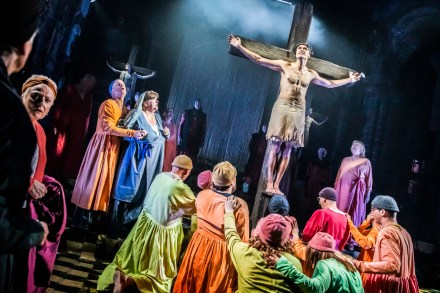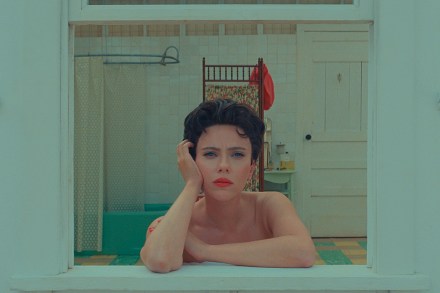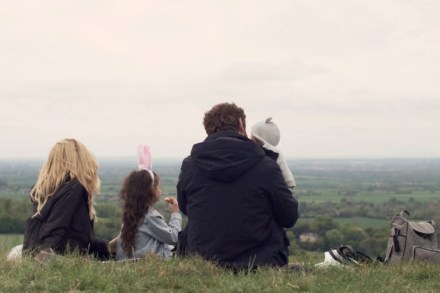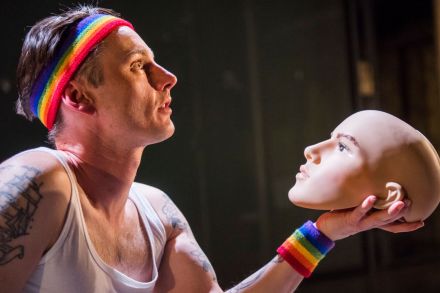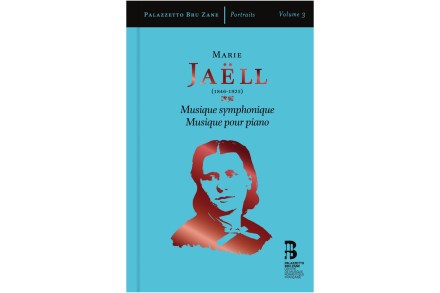Why the Chester Mystery Plays are more popular than ever
Hang around for long enough at Chester Cross, and theatre is pretty much guaranteed. It’s a Saturday morning in May: a human statue holds his pose, a remote-control buggy zips about advertising the spring sale at MenKind and three connoisseurs of discount cider are making their views known from the bench outside St Peter’s Church. All normal for Chester, and when the Town Crier strides up, crowds gather on the first-floor Rows like the audience at a Tudor playhouse. Oyez! The people of the city seek permission to stage the latest cycle of the city’s medieval Mystery Plays and tradition dictates that the Banns be read in public some six
